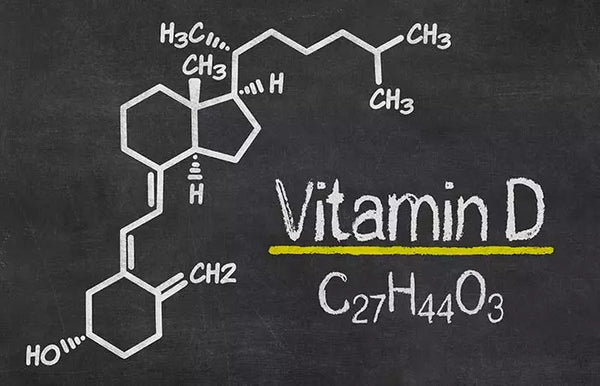
Scientist: Vitamin D is Very Good for Brain Health

Vitamin D deficiency caused by inadequate sun exposure can affect the brain in many ways. Even in relatively healthy adults, vitamin D deficiency has been associated with decreased memory and cognition.
While other evidence shows that there is a relationship between mental illness, especially schizophrenia, with this vitamin D deficiency.
In this article, we will discuss the reasons why vitamin D is so good for brain health. Let's see the discussion below!
Why vitamin D deficiency is so bad for the brain
Dr Thomas Burne from the University of Queensland in his research, deprived adult mice of vitamin D, as a result their perineural nets were affected, decreasing by half in a key region of the hippocampus.
From the results of the study, Burne and colleagues concluded that vitamin D may offer protection against enzymes that bypass brain scaffolds.
Burne explains that the perineuronal nets in the brain are not always beneficial, they inhibit new learning and their removal has proven to be beneficial for people with Alzheimer's.
However, in the hippocampus where net loss is focused, a strong scaffold is important for memory formation.
Dr Burne's rats that were deficient in vitamin D had less learning ability than rats that had adequate vitamin D and intact brain nets.
The most surprising part of the study was that the right side of the rat hippocampus was more affected than the left side.
The odds aren't clear, but Burne explains that a proper hippocampus is essential for the perception of reality.
This explains Burne's research linking low vitamin D to schizophrenia.
Vitamin D relationship with brain health
Of all the molecules necessary for the health of the human body, vitamin D seems an unlikely candidate for deficiency. Most people in the world can get adequate doses by spending time outdoors exposed to sunlight and eating nutritious food sources.
But Burne, through his research, argues that more than one billion people around the world have a vitamin D deficiency.
The relationship between vitamin D and brain health is rather complicated, vitamin D deficiency can also be due to disease. However, Burne believes that cognitive decline in old age results from a lack of vitamin D.
Most research discusses vitamin D as a cancer prevention and bone strengthening agent but very rarely discusses its relationship to brain health.
Burne and colleagues believe that there is a close relationship, where a strong scaffold in the brain results from adequate intake of vitamin D consumed. They also add that there are many other benefits of vitamin D for brain health, although more research is needed.








